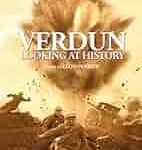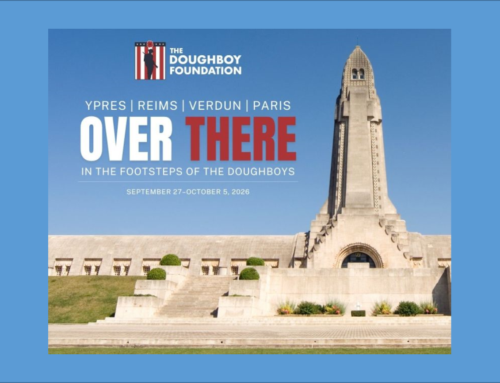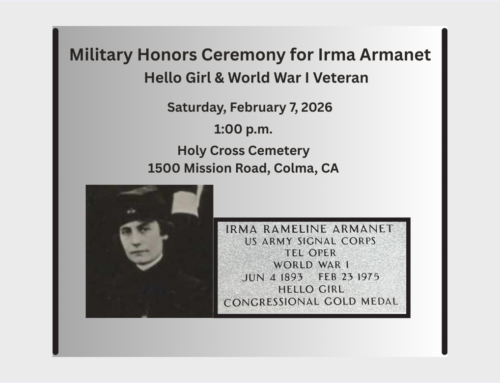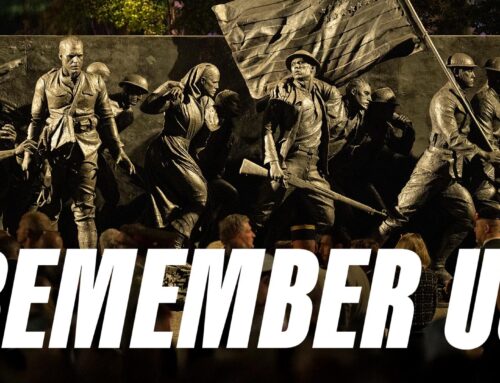WWI Films and Documentaries Worth Watching
Published: 13 August 2025
By Kim Flynn
Special to the Doughboy Foundation website
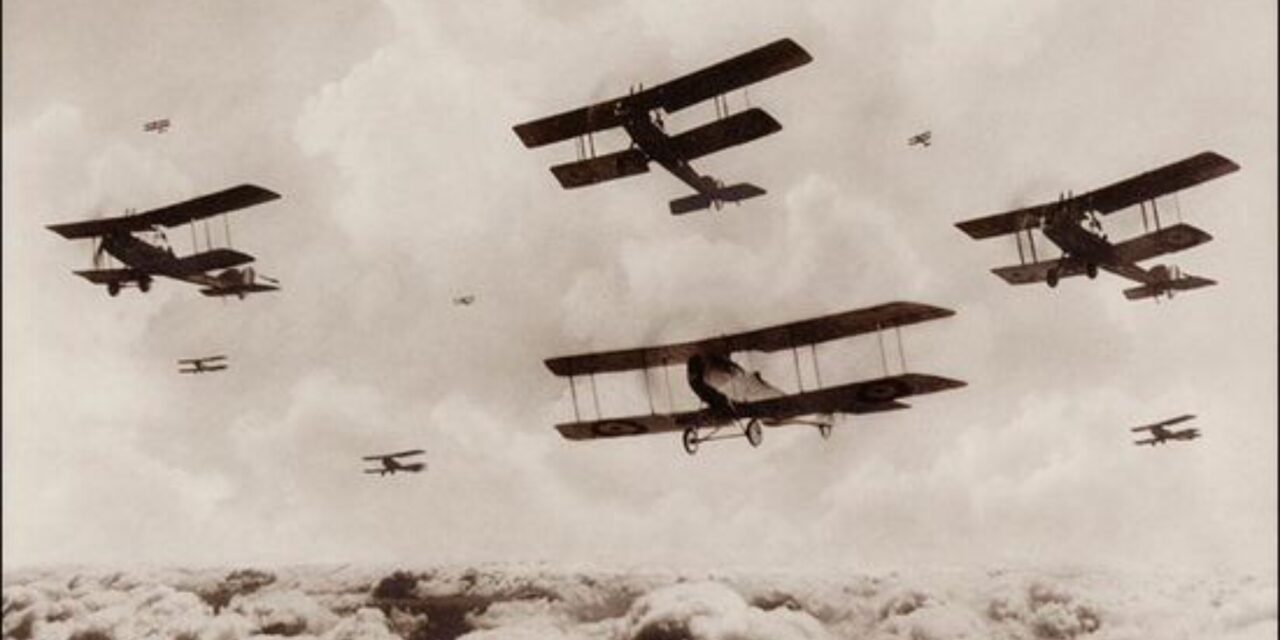
AIrcraft_formation_WWI
The First World War was a conflict unlike any before it — a mix of brutal trench fighting, industrial-scale destruction, and human stories that still echo today. While history books give you the facts, films and documentaries bring the mud, fear, and heartbreak into focus in a way that words on paper rarely can. But with so many options out there, where do you begin? Let’s dig into some of the best WW1 films worth your time, each with its own style, tone, and perspective.
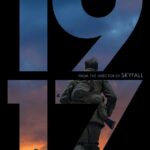 1917 (2019) – A Race Against Time
1917 (2019) – A Race Against Time
Sam Mendes’ 1917 doesn’t just tell a story — it throws you into it. The film follows two young British soldiers tasked with delivering a message that could save hundreds of lives. Shot to appear as one continuous take, it captures the chaos and claustrophobia of the trenches like no other movie about WW1. Every step feels urgent, every shadow dangerous. It’s not just action — it’s endurance, both for the characters and the audience.
They Shall Not Grow Old (2018) – Restoring the Past
Director Peter Jackson took original WWI footage and did something extraordinary: restored, colorized, and paired it with soldiers’ own voices. They Shall Not Grow Old is more than a documentary — it’s a bridge across time. You see faces that feel alive, hear laughter and fear, and realize these weren’t nameless figures in grainy black-and-white reels. The British Film Institute reported that after its release, interest in WW1 archives jumped by over 70%. It’s history meeting technology in the most human way possible.
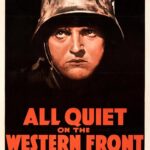
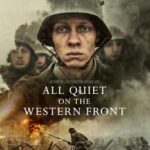 All Quiet on the Western Front (1930 & 2022) – Two Visions of the Same Tragedy
All Quiet on the Western Front (1930 & 2022) – Two Visions of the Same Tragedy
The original All Quiet on the Western Front (1930) remains one of the most influential anti-war films ever made. It tells the story from the German side — a rare choice for the time — showing young soldiers lured by patriotism only to be crushed by the realities of combat.
Fast forward to 2022, and the German-language remake takes the brutality up a notch. With stunning cinematography and intense battle sequences, it drives home the same message: war destroys everyone it touches. Whether you choose the original or the modern version, both are haunting, powerful portrayals.
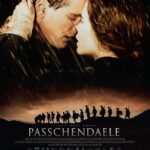 Passchendaele (2008) – The Canadian Perspective
Passchendaele (2008) – The Canadian Perspective
For those curious about the often-overlooked Canadian role in WW1, Passchendaele is worth watching. Inspired by director Paul Gross’s grandfather’s real-life experiences, it blends romance, personal sacrifice, and the horrific Battle of Passchendaele. The mud, the rain, the sheer exhaustion — it’s all there.
And here’s a tip: this movie may be tricky to find on streaming platforms depending on your region. This does not apply to those who use VPN apps, especially users of services like VeePN VPN. For smooth and secure viewing, using a VeePN trusted service ensures you can access content without frustrating restrictions. It’s about enjoying history without interruptions.
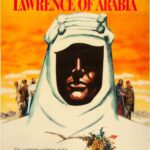 Lawrence of Arabia (1962) – Beyond the Trenches
Lawrence of Arabia (1962) – Beyond the Trenches
While much of WWI cinema focuses on the Western Front, Lawrence of Arabia shifts the lens to the Middle Eastern theatre of war. Following T.E. Lawrence’s exploits, the film is an epic blend of adventure, politics, and sweeping desert landscapes. It’s a reminder that WW1 wasn’t confined to Europe’s muddy fields — it reshaped the world far beyond.
Despite its nearly four-hour runtime, its mix of action and introspection has kept it on countless “greatest films” lists for decades. The desert scenes alone are worth the watch.
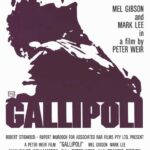 Gallipoli (1981) – Mateship and Tragedy
Gallipoli (1981) – Mateship and Tragedy
Peter Weir’s Gallipoli, starring a young Mel Gibson, examines the fateful Gallipoli campaign through the eyes of two Australian sprinters turned soldiers. What starts as a story of camaraderie ends in devastating loss, with one of cinema’s most unforgettable closing moments.
Historically, the Gallipoli landings were a disaster — over 8,000 Australian and 2,700 New Zealand soldiers lost their lives. The film doesn’t glorify it; instead, it shows how ideals can be shattered in seconds.
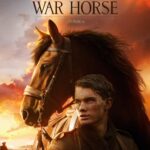 War Horse (2011) – A Story Told Through an Unlikely Hero
War Horse (2011) – A Story Told Through an Unlikely Hero
Steven Spielberg’s War Horse takes a different route — telling the story of WWI through the journey of a horse named Joey and the humans who cross his path. It’s part drama, part visual poem, with wide shots of battlefields and intimate moments of kindness.
It’s also a reminder that war affected not only soldiers but animals, families, and entire communities. Though some critics called it sentimental, it remains a moving piece of cinema with a unique perspective.
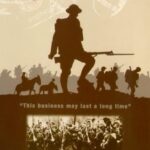 The Great War (1964 BBC Documentary) – Voices of the Survivors
The Great War (1964 BBC Documentary) – Voices of the Survivors
Sometimes fiction isn’t enough. The Great War, the 26-part BBC documentary series, gives you the conflict in the words of those who lived it. Using interviews, archival footage, and narration, it’s as close as you can get to hearing the truth without a history book in hand.
This was groundbreaking for its time — the BBC estimated that nearly 10 million people watched at least one episode during its original run. Today, it remains a reference point for historians and WW1 enthusiasts alike.
 Verdun: Looking at History (1928) – French Cinema’s WWI Memory
Verdun: Looking at History (1928) – French Cinema’s WWI Memory
One of the lesser-known gems, Verdun: Looking at History (Verdun, visions d’histoire) mixes reenactments and actual footage to depict one of the war’s longest and bloodiest battles. Made just a decade after the fighting, it features real veterans on screen. That closeness to the events makes it both eerie and invaluable as a record of how the French saw their own sacrifice.
Final Thoughts – More Than Just War Stories
WWI films aren’t simply about battles; they’re about people — young, old, scared, brave, and everything in between. Whether you’re drawn to the tense single-shot journey of 1917, the archival resurrection of They Shall Not Grow Old, or the sweeping epic of Lawrence of Arabia, each offers a lens into a world shaped by mud, steel, and hope.
And here’s the thing: statistics show that over 60% of viewers choose historical war films for their emotional impact rather than pure historical accuracy. That’s why a well-made WWI movie doesn’t just teach — it lingers, making you feel the weight of history long after the credits roll.
External Web Site Notice: This page contains information directly presented from an external source. The terms and conditions of this page may not be the same as those of this website. Click here to read the full disclaimer notice for external web sites. Thank you.

